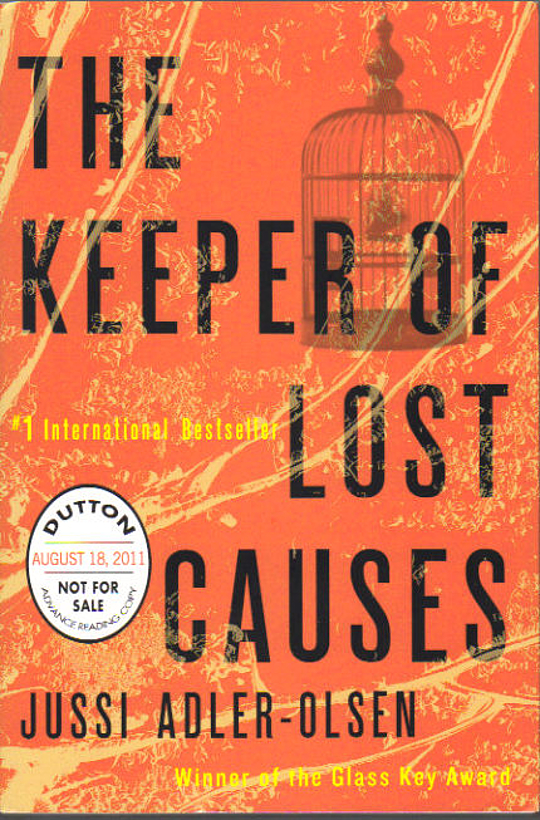


In the case of Alder-Olsen, he is a master story teller with a unique style of his own. I personally believe over-using such phrases is not fair and most of the time inaccurate. There is a tendency among publishers and critics to say that every promising crime author is a “New Stieg Larsson” or “New Henning Mankell”. What Morck begins to uncover there was no no accident or suicide involved why? because she isn’t dead yet, and the truth behind her mysterious disappearance turns out to be horrific beyond measure. His colleagues snicker about the time he’s wasting. A missing politician vanished without a trace five years earlier off a ferry. So he’s as surprised as anyone when a case actually captures his interest.

With a stack of Copenhagen’s coldest cases to keep him company, Carl’s been put out to pasture. Carl’s been selected to run Department Q, a new special investigations division that turns out to be a department of one. Two of his colleagues weren’t so lucky, and Carl, who didn’t draw his weapon, blames himself. So a promotion is the last thing Carl expects.īut it all becomes clear when he sees his new office in the basement. The Keeper of Lost Causes is the first installment of Adler- Olsen’s Department Q series, features the deeply flawed chief detective Carl MØrck, who used to be a good homicide detective-one of Copenhagen’s best.

So far, Adler-Olsen’s novels have been sold in 25 countries. His latest book, Journal 64, was published in 2010. His books routinely top the bestseller lists in northern Europe, and he’s won several Nordic crime-writing awards, including the Glass Key Award-also won by Henning Mankell, Stieg Larsson, and Jo Nesbo. His first novels in the crime-thriller series about Department Q in 2007. Jussi Adler-Olsen, the author behind The Keeper of Lost Causes, is Denmark’s premier crime writer.


 0 kommentar(er)
0 kommentar(er)
